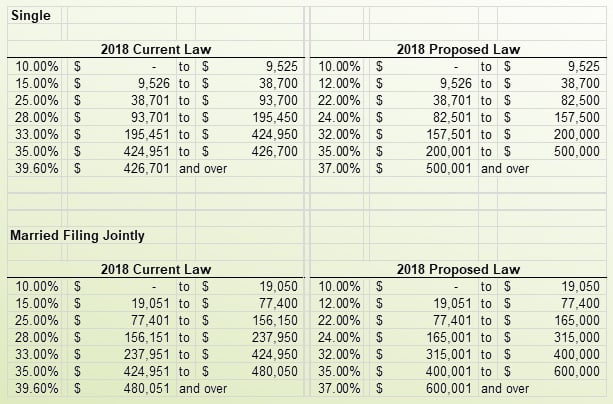Bookkeeping Red Flags and What To Do About Them
Bookkeeping is strategically important for every business because financials form the foundation for daily operations and future planning....

November 19, 2017 — On Friday, December 15, 2017, the Conference Committee released a reconciled version of the "Tax Cuts and Jobs Act". The House and Senate have since voted it into law.
Below is a summary of some of the major provisions of the bill.



Bookkeeping is strategically important for every business because financials form the foundation for daily operations and future planning....

In a decision issued March 1, 2024, U.S. District Court Judge Liles Burke ruled that the Corporate Transparency Act (CTA) is unconstitutional....

Several types of trusts can help you manage your assets in a way that supports your estate planning goals while providing potentially significant tax...